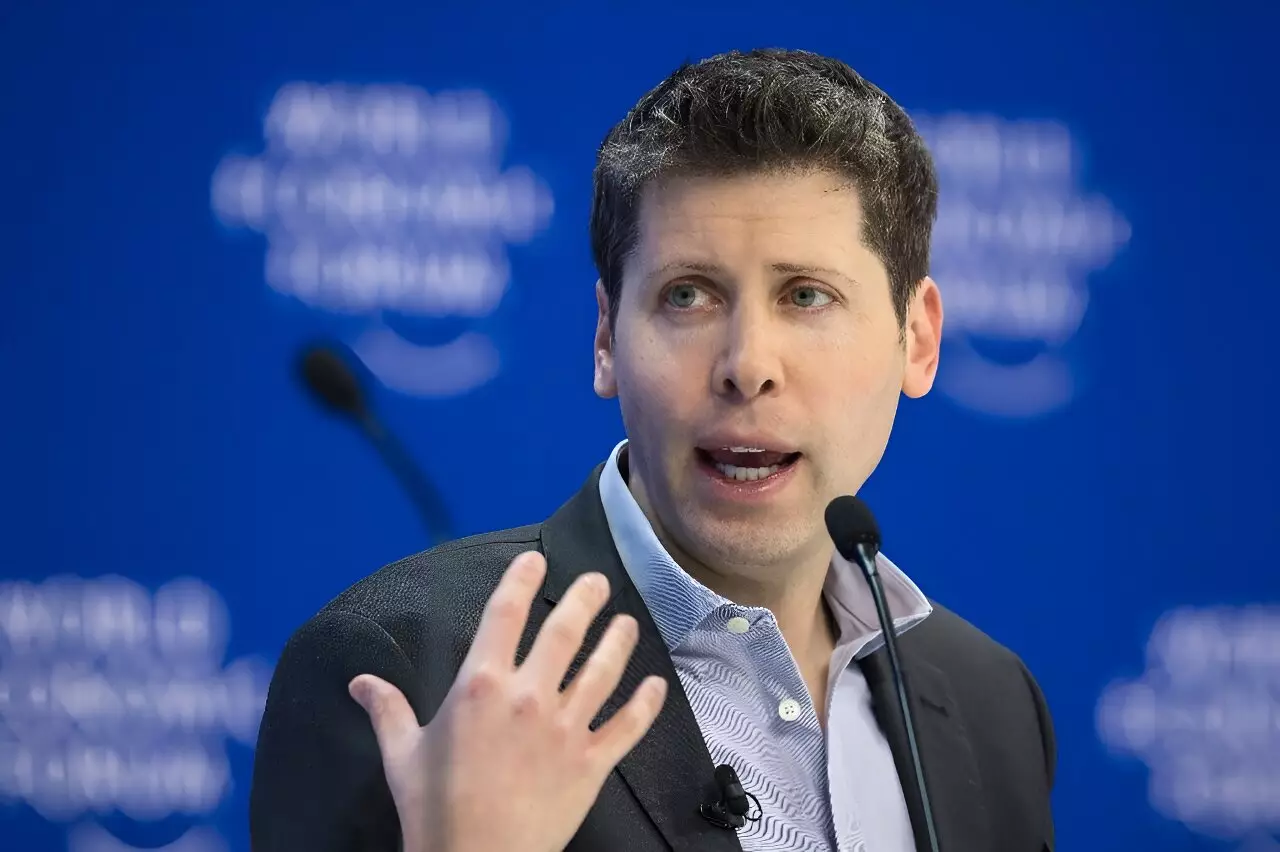The global semiconductor industry is facing significant challenges, and Sam Altman, the chief of OpenAI, is aiming to raise trillions of dollars to revolutionize it. Altman has engaged in talks with various potential investors, including the government of the United Arab Emirates (UAE). His objective is to address some of the major obstacles encountered by the rapidly expanding field of artificial intelligence (AI). One of these obstacles is the scarcity of costly computer chips that are essential to power large-language models such as OpenAI’s renowned ChatGPT. The enormity of the financial requirements proposed by Altman surpasses the support offered by many countries, causing investors to take notice.
At present, the global chip industry is predominantly controlled by a handful of major firms, such as Taiwan Semiconductor Manufacturing Company (TSMC) and NVIDIA based in the United States. While several nations have announced plans to enhance domestic chip production, the monetary assistance they have put forth pales in comparison to the vast sums of money Altman is allegedly discussing with potential investors. According to estimations by the Wall Street Journal, implementing Altman’s vision could cost approximately $7 trillion. This amount exceeds the combined market value of Apple and Microsoft, the two largest public companies in the world, by roughly a trillion dollars.
Productive Discussions and Government Engagement
An OpenAI spokesperson revealed that the company has had fruitful discussions regarding the expansion of global infrastructure and supply chains, specifically in relation to chips, energy, and data centers. Furthermore, they emphasized that OpenAI would continue to keep the US government informed due to the significance of the initiative to national priorities. Altman has consequently held meetings with high-ranking government officials from the UAE, as well as representatives from TSMC. Additionally, he has engaged with Masayoshi Son, the CEO of SoftBank, according to reports from the Journal, Bloomberg, and the Financial Times.
Altman is contemplating the establishment of numerous chip-fabrication plants in the coming years, with funding from investors in the Middle East. The proposed strategy involves entrusting TSMC with the construction and operation of these plants. By doing so, Altman aims to address the current shortage of chips and foster an environment conducive to the growth of the semiconductor industry. Despite the setback Altman experienced when he was briefly dismissed from his position at OpenAI in November, his fortunes have since been restored, largely due to the unwavering support of staff and investors.
The ambitious endeavor undertaken by Sam Altman, the head of OpenAI, to reshape the global semiconductor industry is gaining momentum. By addressing the pressing challenges faced by the AI sector, Altman aims to secure trillions of dollars in funding. The scarcity of computer chips required to power complex language models has prompted Altman to seek investors, including the UAE government. While the global chip industry is currently dominated by a few major companies, Altman’s proposal far surpasses the financial support provided by nations seeking to enhance their domestic chip production. As discussions progress and government engagement continues, Altman’s plans for the future may revolutionize the semiconductor landscape and usher in a new era of growth and innovation.


Leave a Reply